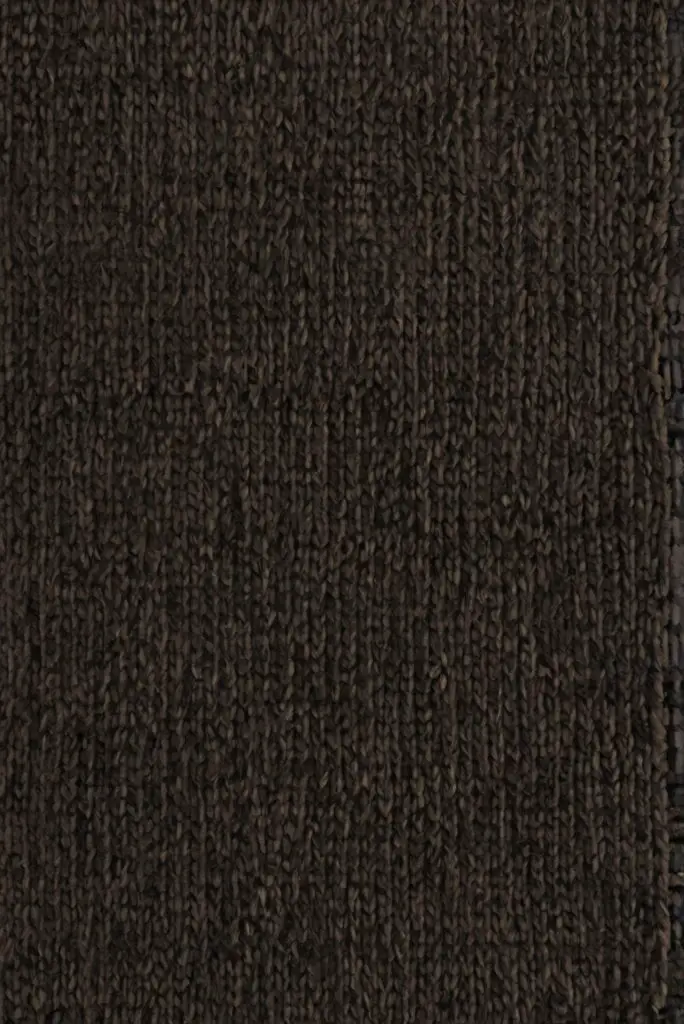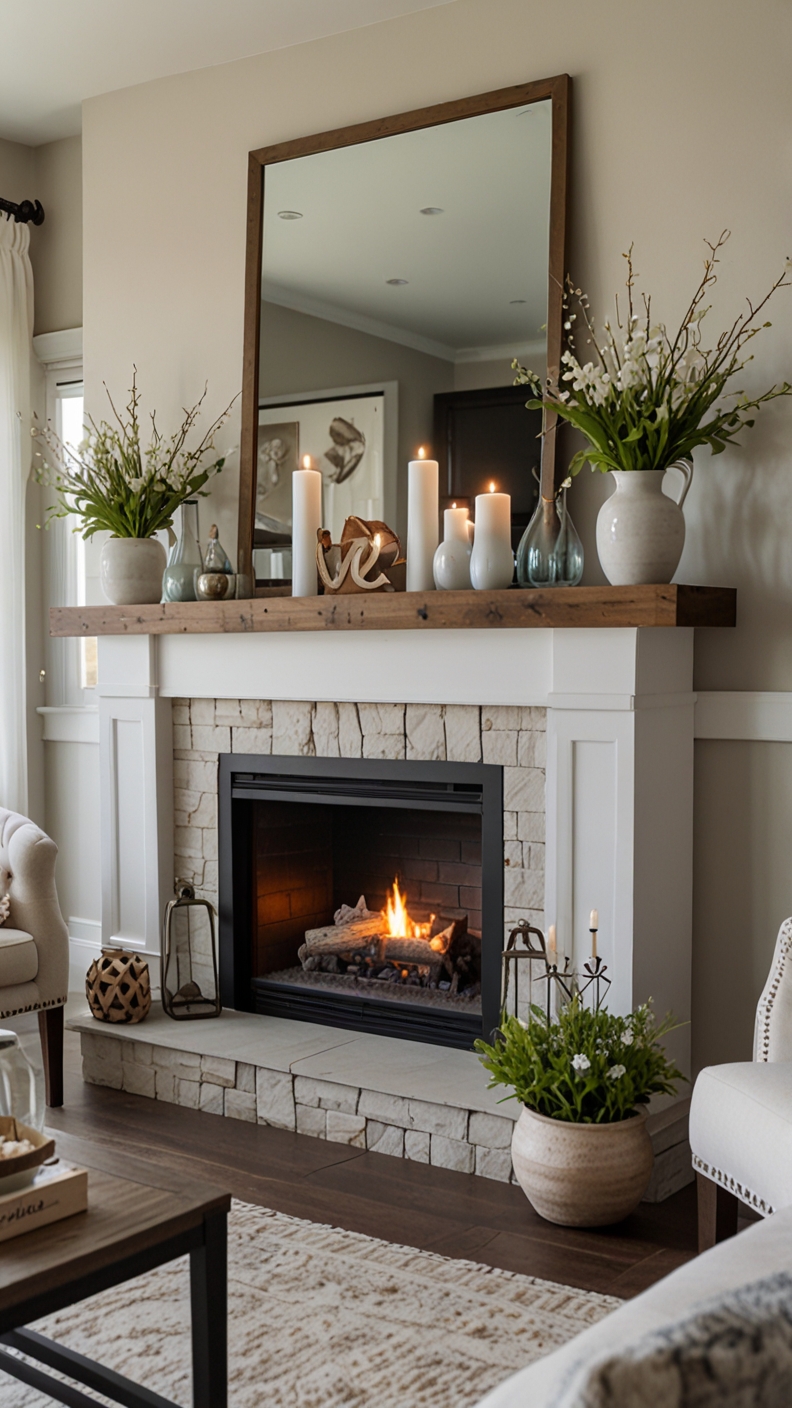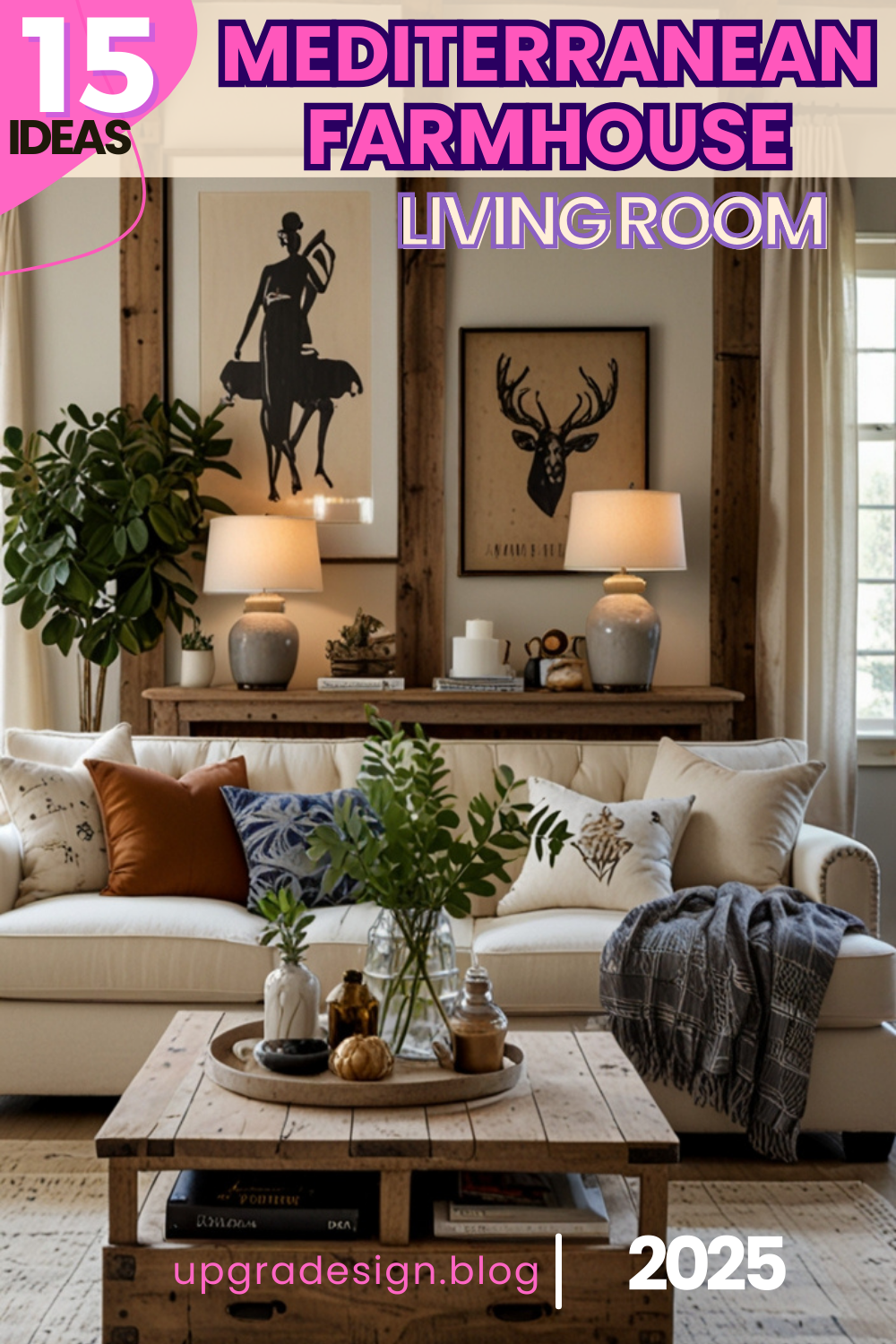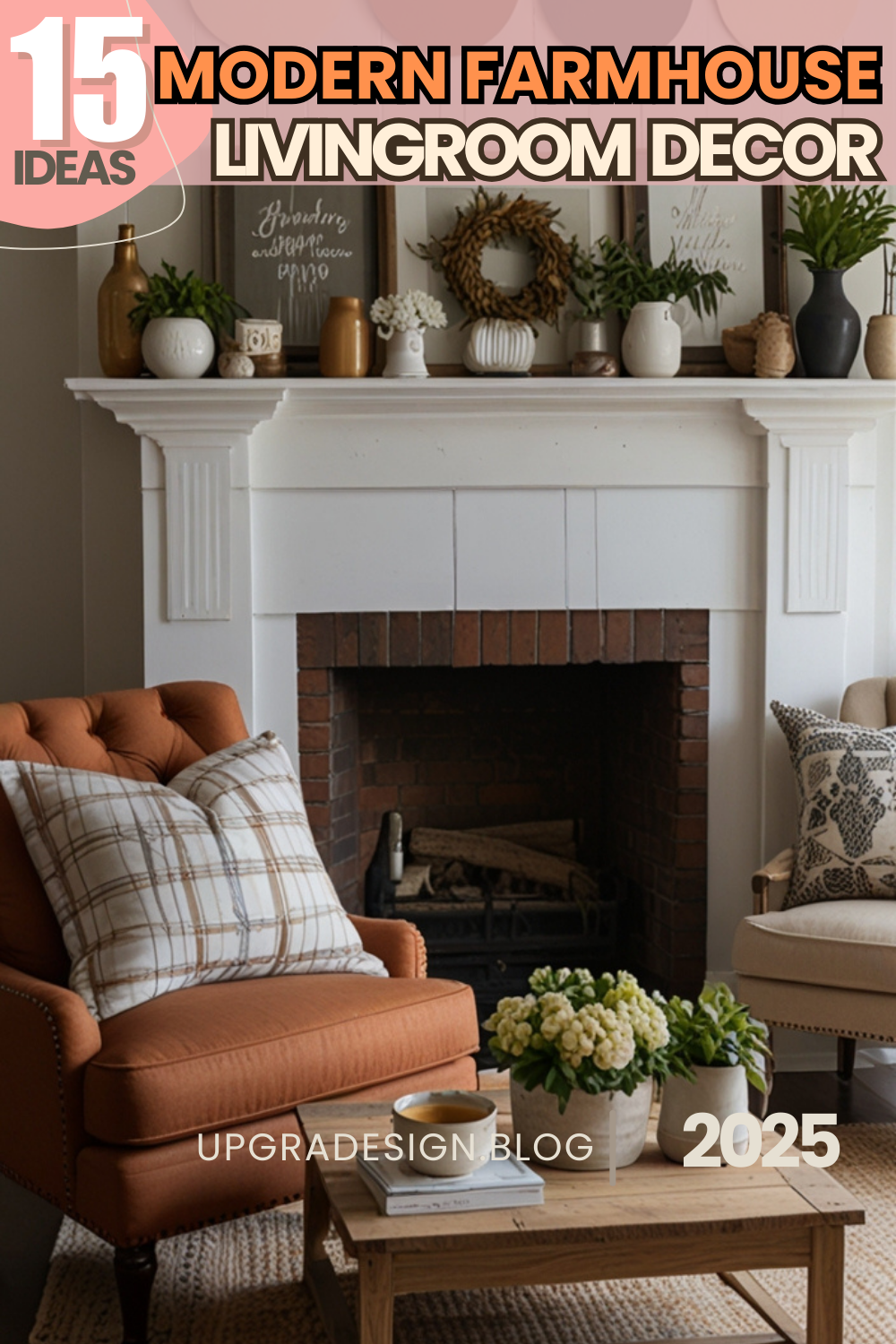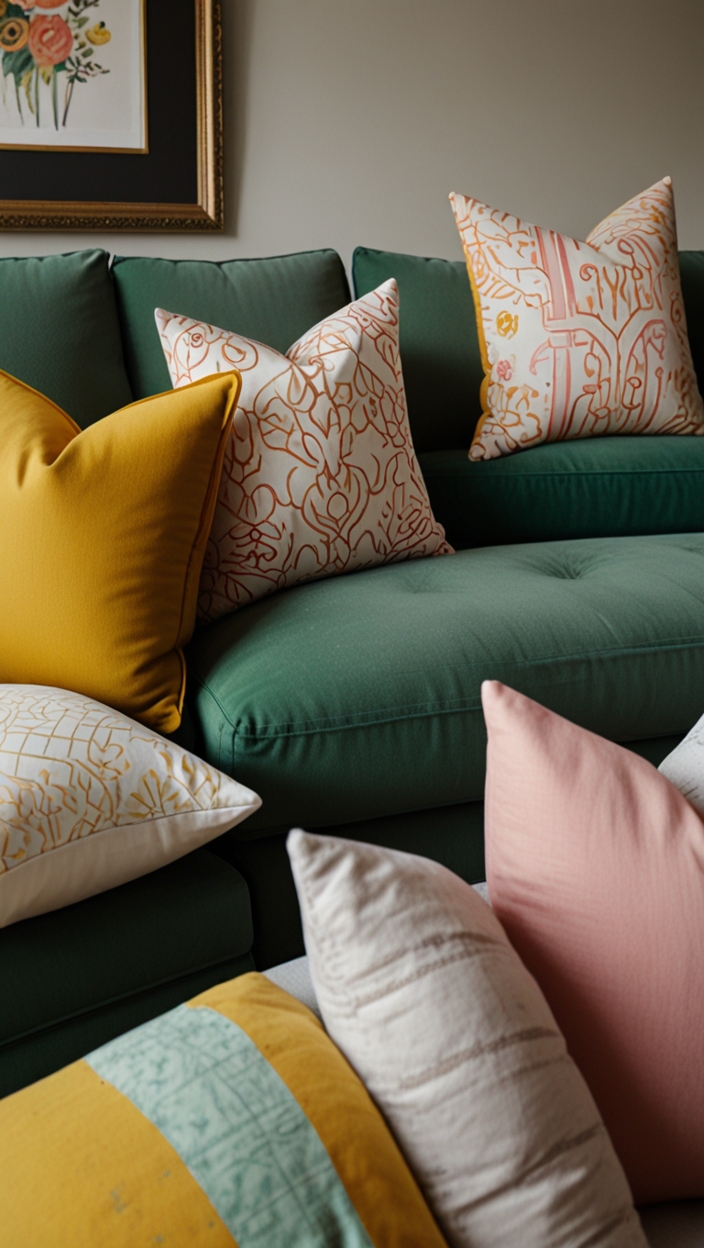Discover the top rug materials for high-traffic living rooms. From durability to style, this daily interior designer routine offers expert advice on enhancing your space with the perfect décor.
The best rug materials for high-traffic living rooms are wool, nylon, and polypropylene. Wool rugs are durable, resilient, and naturally soil-resistant, making them ideal for busy areas. Nylon rugs are also a popular choice for high-traffic areas due to their durability, stain resistance, and easy maintenance. Polypropylene rugs are budget-friendly, easy to clean, and resistant to mold and mildew. When choosing a rug for a high-traffic living room, consider the traffic flow, color scheme, and maintenance requirements. Regular vacuuming and spot cleaning can help extend the life of your rug and keep it looking its best.
How to choose the best rug material for a high-traffic living room?
When selecting a rug material for a high-traffic living room, it is crucial to consider durability, stain resistance, and ease of maintenance. Look for materials that can withstand heavy foot traffic and frequent use without showing signs of wear too quickly. Wool, nylon, and polypropylene are excellent choices for high-traffic areas due to their resilience and ability to maintain their appearance over time.
What are the benefits of using wool rugs in high-traffic areas?
My Lovely Spring Paint for 2025
Ready for a Spring Makeover? Explore the Freshest 2025 Paint Trends!
White Sage/Green SW Pistachio green Soft blue Honeysweet/Orange Pink Sugar Sage Tint BMAs an Amazon Associate, I may earn a commission from qualifying purchases at no extra cost to you.
Wool rugs are a popular choice for high-traffic areas due to their natural resilience and durability. Wool fibers are inherently stain-resistant and have a unique ability to bounce back from heavy foot traffic, making them ideal for living rooms or other busy spaces. Additionally, wool rugs are known for their softness and luxurious feel, adding comfort and warmth to the room.
Can I use synthetic rugs in a high-traffic living room?
Synthetic rugs, such as nylon and polypropylene, are suitable for high-traffic living rooms. These materials are durable, stain-resistant, and easy to clean, making them practical choices for busy households. Synthetic rugs are often more budget-friendly than natural fibers like wool, providing a cost-effective yet reliable option for high-traffic areas.
What is the recommended pile height for rugs in high-traffic areas?
In high-traffic areas, it is recommended to choose rugs with a low to medium pile height. Low-pile rugs are easier to clean and less likely to trap dirt and debris, making them a practical choice for spaces that see a lot of foot traffic. Additionally, low-pile rugs are less prone to matting and crushing, ensuring they maintain their appearance even in busy areas.
How to minimize wear and tear on rugs in a high-traffic living room?
My fAV Spring DECOR for 2025
Discover Spring’s Best 2025 Decor Combinations – Perfect for Any Room!
Oversized Indoor Plants White Curved Sofas Rugs BOH Brown Cream Moroccan Hype Boho Rug Outdoor Patio Furniture Sets Topfinel Pillow CoversAs an Amazon Associate, I may earn a commission from qualifying purchases at no extra cost to you.
To minimize wear and tear on rugs in a high-traffic living room, consider rotating the rug periodically to distribute the foot traffic evenly. Use rug pads to provide cushioning and prevent slippage, reducing the strain on the rug fibers. Regular vacuuming and spot cleaning can also help maintain the rug’s appearance and prolong its lifespan in a high-traffic area.
What are the risks of using delicate materials for rugs in high-traffic areas?
Using delicate materials for rugs in high-traffic areas can pose several risks, including premature wear, staining, and damage. Delicate fibers like silk or viscose may not withstand heavy foot traffic and can show signs of wear more quickly than sturdier materials like wool or synthetic fibers. Additionally, delicate rugs may require special care and maintenance, making them less practical for busy living rooms.
Why is it important to consider material durability when selecting a rug for a high-traffic living room?
Material durability is crucial when selecting a rug for a high-traffic living room because it impacts the rug’s longevity, appearance, and performance. Durable materials like wool, nylon, and polypropylene can withstand constant use and foot traffic without showing signs of wear or damage. By choosing a durable rug material, you can ensure that your rug remains in good condition and continues to enhance your living room for years to come.

